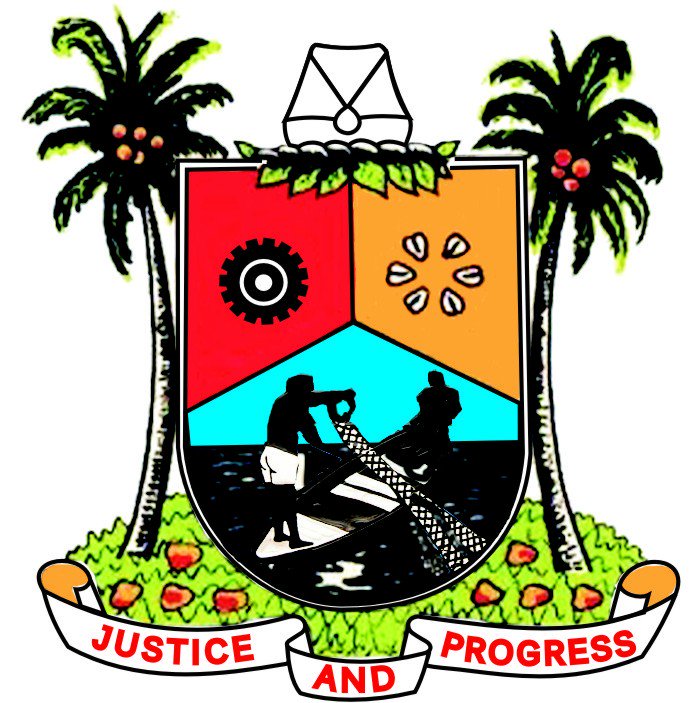The obvious absence of strict enforcement of laws, especially as it relates to building control appears to have worsened incidences of building collapse, loss of lives and properties in recent times in Lagos State.
The resurgence of the menace on yearly basis suggests that some things weren’t right. Perhaps, failure to pay diligence to soil structure, building material components, corruption by government officials, inclusion of quacks at both pre and post-construction stages and others, are significantly part of the causative factor.
But more of concern to the stakeholders in the built industry is the observed inertia on the part of government and its regulatory building control agency. Facts check by The Guardian revealed that up till today, nobody has been prosecuted for building collapse or the building sites taken over by the government in accordance with the established position of law.
Building professionals estimated that there had been over 100 cases of building collapse in the past nine years with Lagos recording the highest number of both collapsed buildings and the number of casualties while a whooping 36,000 potential collapse waits to happen, on the average.
Chapter 59 Section 74 of the Urban and regional planning and development law of Lagos state 2010 which was signed by former Governor, Mr. Raji Fashola states that in the event of the collapse of any property or structure due to negligence on the part of the owner, or the developer, such property shall be forfeited to the state government after due investigation and or publication in the state official gazette.
It thus seems that government agencies saddled with that responsibility are very forgiven people that look for palliatives and so the law doesn’t serve as a deterrent to anyone. But the government needs to be assertive and protect the citizenry.
Overtime, government pronouncement to take over sites of building collapse in the incidents of building collapses in Ojuelegaba, the site for collapse of a five-storey building under construction on Kusenla Road, Ikate-Elegushi in Lekki Phase I area of Lagos which caused the death of 34 people and over 100 others severely wounded and many others has remained a resolve up in the air.
A Lagos state tribunal of inquiry report on building collapse in 2015 found that there were at least 135 cases of building collapse from 2007 to 2013. In 2016, it was reported that more than six fatal cases of building collapse were recorded in Lagos. While there were also cases of collapses in locations such as the Alaba market, Ebuta-Metta, Agege, Isolo and Abesan part of the state in 2017. The menace is yet abated as more than four cases have so far occurred from January to October 2019. In some of the incidents, there have been recorded cases of loss of lives.
Speaking on the issue, the general manager, Lagos State Building Control Agency, (LASBCA), Mrs. Abiola Kosegbe who spoke through the assistant director, public affairs for the agency Mrs. Titi Ajirotutu told The Guardian that it’s not all collapse building lands that the government could take over saying that such action by government was conditional.
According to her, the government often erect warning signpost in identified cases until the government decides on what it intends to do on the seized land.
Ajirotutu explained, “The owners can only forfeit the land if there are casualties. It is not every collapse sites that government could take over but once there are casualties and the owner is found wanting or haven’t done something right based on an investigation conducted on the collapse site, then the government could take over the site”.
On how many collapsed sites that have been taken over by government so far, she said, “ I can’t give you figures. I don’t have them now. But what I know in such instances is that the agency erects a signpost on the piece of land indicating that it has been taken over by the state government. We erect signposts stating that no trespassers are allowed on the property. That is our way, we do that all over the state.”
She added, “There is a case of a piece of land taken over by the state government on Lagos Island and such actions have happened several times.”
With potential hot-beds locations for building collapse still looming large in certain part of the city, the Lagos State Government needs to muster enough ‘political will’ to halt the social menace as well as pay serious attention to locations which industry experts say include, Arowojobe, Maryland, Medinah estate, Oke-Alo, Lekki, and Ilubirin Lagos Island, Oworoshoki/Bariga, Somolu, Ebute Meta, Mushin, Ajegunle, surulere, among others, to identify precariously standing buildings.
Source: Guardianng




